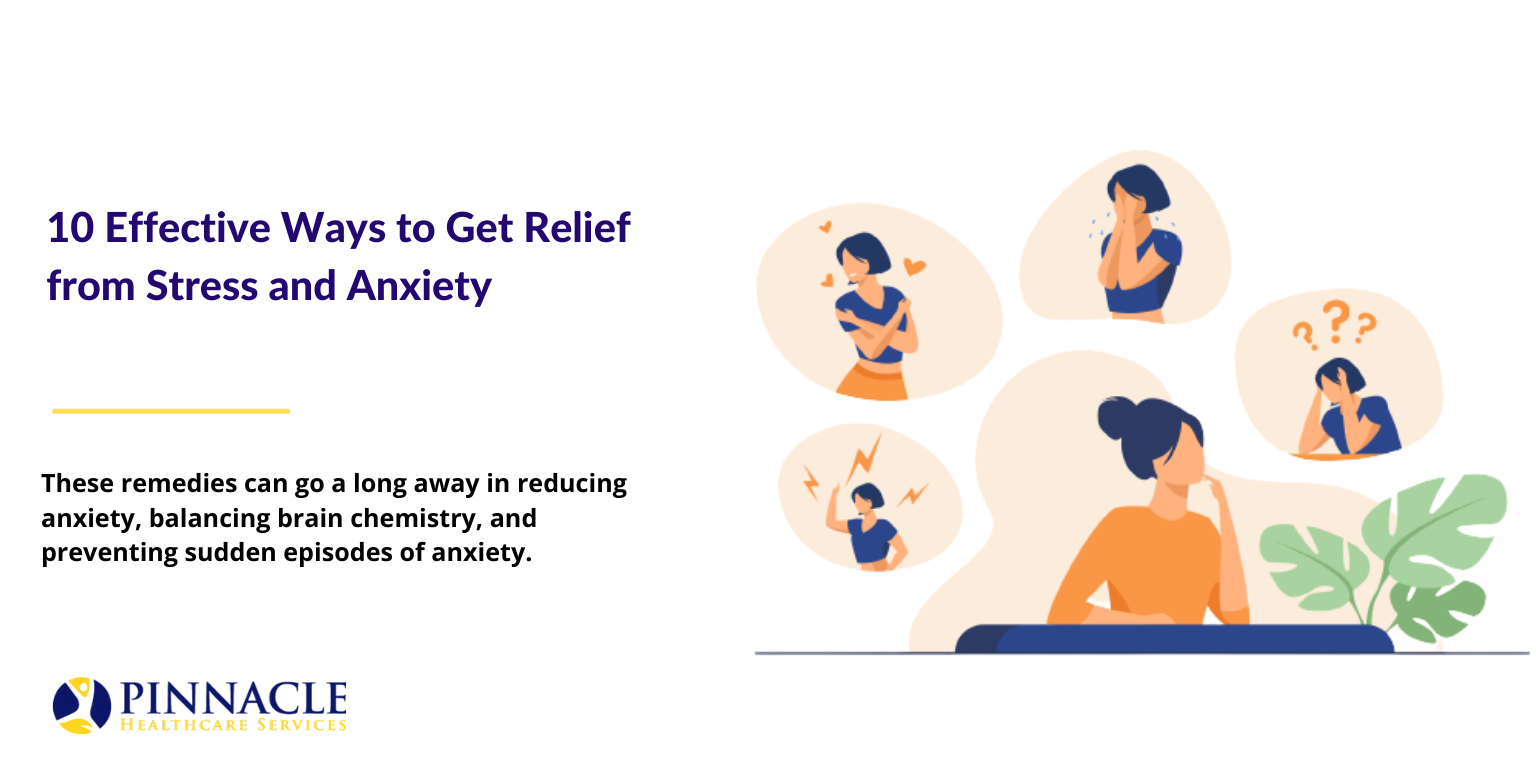Alcohol addiction affects the individuals who drink, along with their family, friends, and others around them. It can be very challenging and painful for a family to deal with a loved one’s alcoholism and to witness your loved one’s suffering.
Furthermore, your loved one’s addiction can be so overwhelming that you may struggle to know how to approach the problem. The best way to address it is to accept that there is an issue and then begin to take steps in the right direction to help your loved one overcome their addiction.
Alcoholism affects millions of people in America. So remember that you are not alone in this. Although you may find it difficult to address your loved one’s addiction, your love, patience, and support can play an essential role in their long-term recovery. The following information can help you know how to identify and help someone who is suffering from alcoholism.
Identifying the Key Indicators and Signs of Alcohol Addiction in a Loved One
Following are some common signs of alcoholism that your loved one may show:
- Trying to cover up how much they’re drinking.
- Unable to control how much and when they drink.
- Drinking more than they intended to and having an unusually high tolerance to alcohol.
- Drinking continuously, even if it’s causing problems in their relationships.
- Regularly neglecting their responsibilities at work, home, or school and preferring to drink over socializing sober and spending time with family.
- Using alcohol for relief while tackling mental health conditions like anxiety and depression.
- Drinking in secret and storing alcohol in hidden places, e.g., their car, hiding places in their house, at work, etc.
- Feeling irritated if they don’t get to drink when they want to.
- Experiencing frequent blackouts.
Remember that your loved one may try to hide that they are suffering from alcohol addiction. Therefore, keep a lookout for the warning signs that indicate that your loved one may be suffering from alcoholism. Then help them learn all about alcohol addiction and offer the resources and support they may need.
How Can You Help Your Addicted Friend or Family?
Here is a set of basic guidelines to help a loved one suffering from alcohol abuse.
Tips for talking to a loved one addicted to alcohol
It is never easy to talk to someone about their drinking problems. Your loved one may get defensive, angry, or simply deny that they have any problem, but know that these are very common reactions. Understand that your loved one’s drinking problem isn’t going to go away on its own. In contrast, it can worsen in the long run if left untreated. Therefore, you should know how to deal with an alcoholic properly.
Following are some tips on how to talk to someone about their addiction:
- Choose an appropriate time when your loved one isn’t drinking, and you’re both focused and calm.
- Encourage your loved one to let you know the reasons why they’re abusing alcohol.
- Express your concerns in a caring and loving way.
- Consider staging an intervention or a family meeting if you feel like you cannot do it alone.
Tips on what to avoid during the talk
- Don't punish, bribe, threaten, or preach.
- Never make excuses for your loved one’s behavior or cover up their mistakes, as this will prevent them from taking responsibility for their actions.
- Don’t blame yourself or feel guilty for their behavior.
- Avoid taking their negative reactions and remarks personally, as multiple attempts might be needed to start a meaningful and productive conversation with your loved one about their addiction.
What Are The Treatment Options for Alcoholism?
The treatment option for alcohol addiction can largely depend on the depth of your loved one’s drinking problem, stability of their living situation, and other health issues.
- Suggest that they attend a 12-step program or other support groups as studies show that social connections provided by these groups can improve your loved one’s self-esteem.
- Your loved one’s general physician or primary care doctor can analyze their drinking habits, review their health and medical history along with any co-occurring disorders, and offer the appropriate treatment or referrals.
- Behavioral treatments, like therapy sessions, can help your loved one identify the root cause of their alcohol use.
- Rehab facilities can provide intense treatment like detox, therapy, and medication.
Remember to Support Your Loved One
Alcohol addiction is not something easy to overcome. However, with proper help and support, you can help your loved one recover and stabilize their lives and relationships. Remember that your loved one will need your support throughout the treatment and recovery process. Holistic recovery is only possible for your loved one with the full support of family and friends.
Visit us at Pinnacle Healthcare Services for effective and personalized alcohol addiction treatment in Alexandria, VA. Our skilled medical team specializes in various successful treatments and therapies for patients experiencing alcohol addiction and substance abuse.






